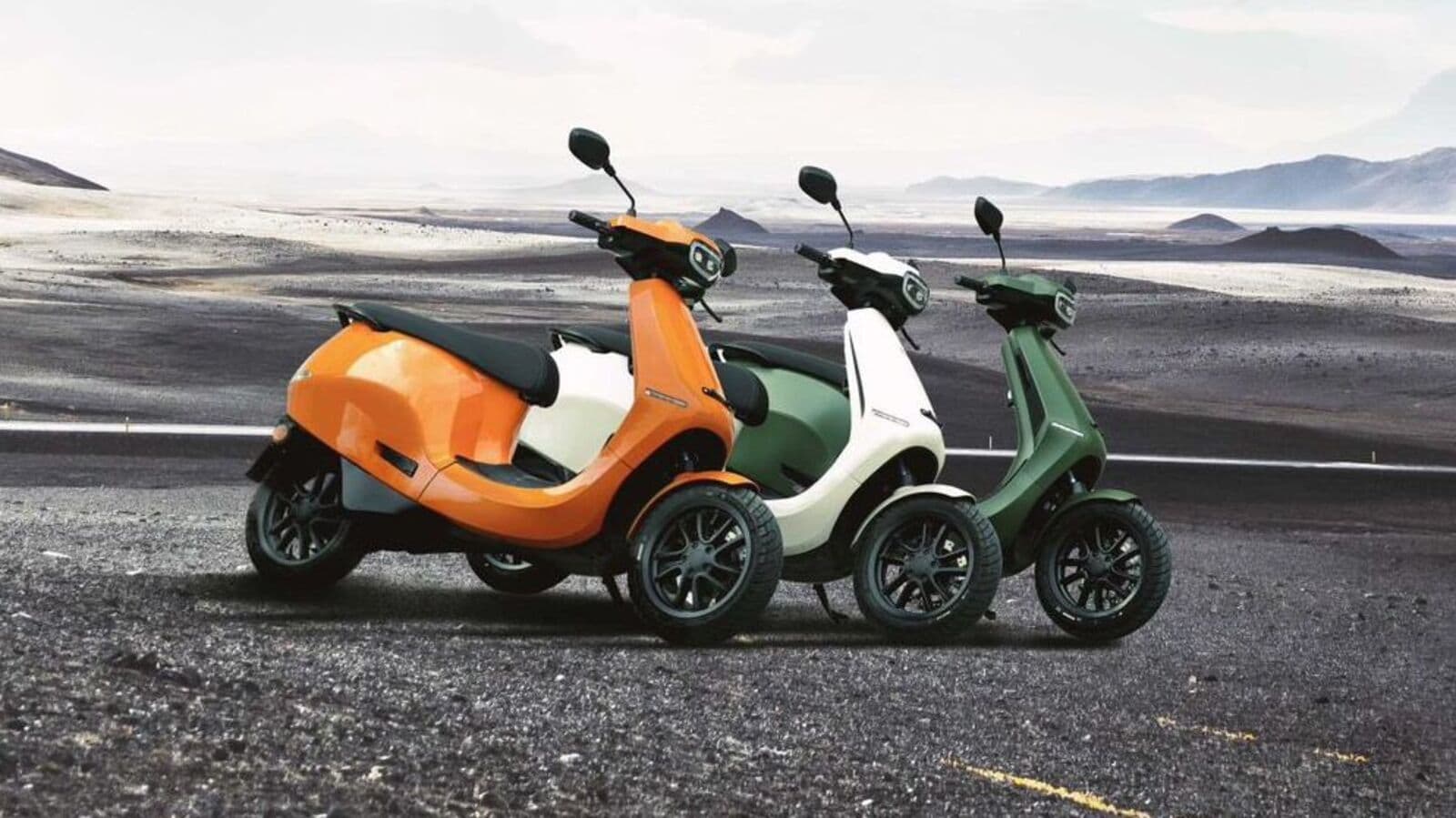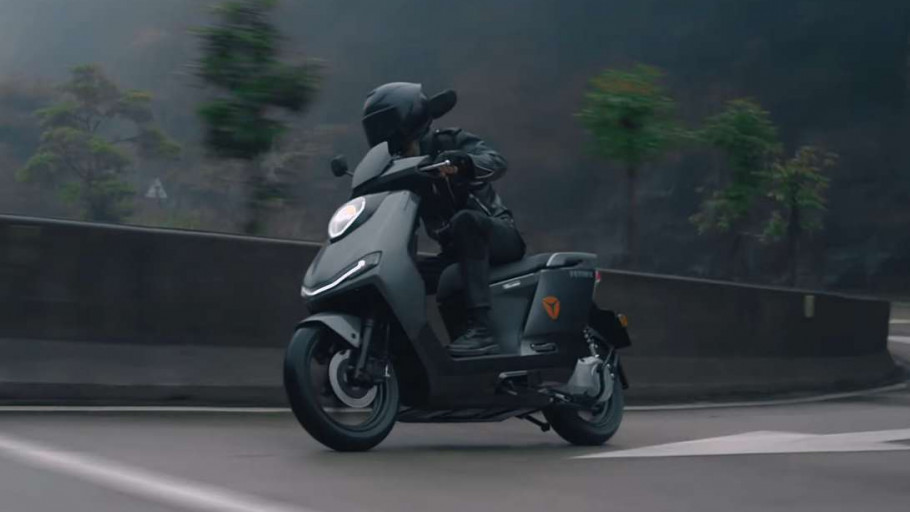In a bid to promote sustainable transportation and meet the rising demand for electric two-wheelers, the Indian government has put forth a proposal to modify the subsidy scheme for these vehicles. Under the revised plan, the subsidy available for each electric two-wheeler would be reduced from a maximum of 40 percent to 15 percent of the purchase price. However, the overall funding for subsidies is set to increase, with the budget being raised from INR 2,000 Cr to INR 3,500 Cr (approximately 3.5 billion euros). The additional funds will be sourced by reallocating unutilized subsidies initially allocated for three- and four-wheeled electric vehicles.
The adjustments to the subsidy scheme are scheduled to take effect on June 1, marking the beginning of the second phase of the national eMobility subsidy program called FAME (Faster Adoption and Manufacturing of Hybrid and Electric Vehicles). This phase is set to continue until May 31, 2024.
The decision to reduce the subsidy amount per vehicle was made following a meeting involving stakeholders from 24 original equipment manufacturers (OEMs) of electric two-wheelers registered under the FAME II scheme. During the meeting, which was attended by government officials and representatives from the industry, the OEMs expressed their desire for the subsidy scheme to continue even if the subsidy amount was lowered. This collective sentiment led the participants to agree on reducing the subsidy to ensure the availability of funds until the conclusion of the scheme in February-March. It is yet to be determined whether the Indian government will extend the subsidy scheme beyond March 2024.
Recently, there have been reports of investigations into the misappropriation of FAME II subsidies involving several electric two-wheeler manufacturers. These ongoing investigations, coupled with the uncertainty surrounding the subsidy scheme, have had a detrimental impact on electric two-wheeler registrations, resulting in a significant 23 percent drop from March to April.
Mahendra Nath Pandey, the Union Minister of Heavy Industries, stated that the proposed changes were necessary due to the increasing demand for electric two-wheelers. He emphasized that the consensus reached during the stakeholder consultation signifies a positive step towards sustainable transportation solutions in India. Pandey further highlighted that through continued efforts and collaboration between the government and the industry, India can emerge as a global leader in sustainable transportation while reducing its reliance on fossil fuels.







